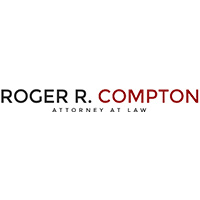Fort Bragg Divorce & Family Law Lawyer, North Carolina
Sponsored Law Firm
-
 x
x

Click For More Info:
-
The Law Office of Bryce D. Neier PLLC
2525 Raeford Road Fayetteville, NC 28305» view mapDivorce and Family Law Confident and Competent Representation
Your advocate and voice of reason during family law disputes.
800-979-4310
Roger R. Compton
✓ VERIFIEDBankruptcy & Debt, Family Law, Divorce, Traffic
At the North Carolina law firm of Roger R. Compton, Attorney At Law, our attorneys provide experienced and dedicated representation. From initial cons... (more)
Bryce D. Neier
✓ VERIFIEDDivorce & Family Law, Criminal, Lawsuit & Dispute, Entertainment, Ethics
Confident and Competent Representation.
The Law Office of Bryce D. Neier is based in Fayetteville, North Carolina and I handle a wide range of civil matters. However, the focus of my practic... (more)
Debra J. Radtke
Landlord-Tenant, Family Law, Divorce & Family Law, Criminal
Status: In Good Standing Licensed: 45 Years
Sarah Patrice Loeffler
Family Law, Administrative Law, Employee Rights
Status: In Good Standing Licensed: 12 Years
 Bryce Neier Fayetteville, NC
Bryce Neier Fayetteville, NC AboutThe Law Office of Bryce D. Neier PLLC
AboutThe Law Office of Bryce D. Neier PLLC Practice AreasSpecializations
Practice AreasSpecializations


